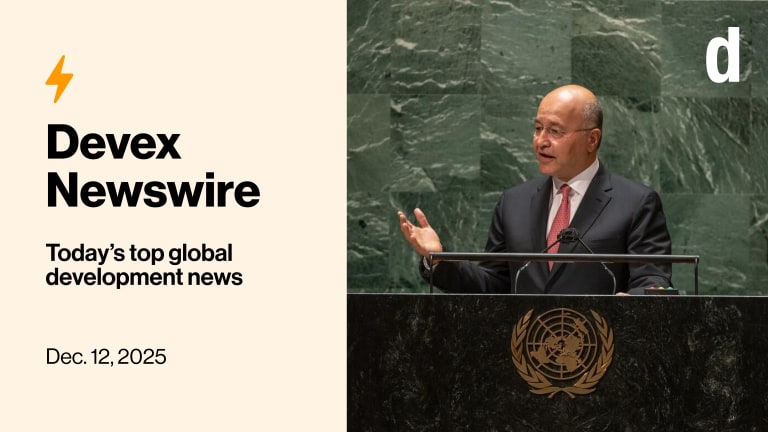Bill Gates is donating virtually all his remaining fortune to the Gates Foundation, doubling the organization’s spending to $200 billion before it sunsets in 2045.
It’s the largest philanthropic contribution in modern history, the organization said — and a shift in the foundation’s original timeline, which would have shuttered the Gates Foundation 20 years after the tech entrepreneur’s death.
“There are too many urgent problems to solve for me to hold onto resources that could be used to help people,” Gates wrote in a statement released Thursday. “That is why I have decided to give my money back to society much faster than I had originally planned.”
Printing articles to share with others is a breach of our terms and conditions and copyright policy. Please use the sharing options on the left side of the article. Devex Pro members may share up to 10 articles per month using the Pro share tool ( ).








